
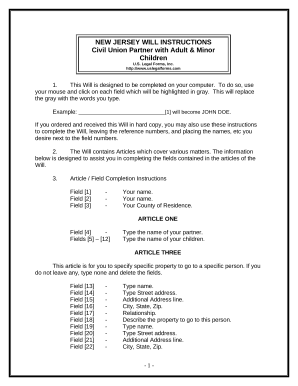

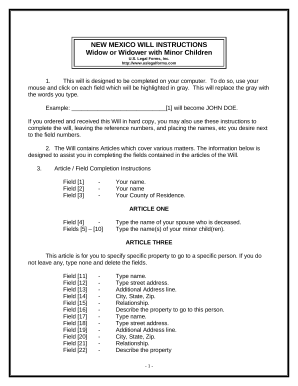
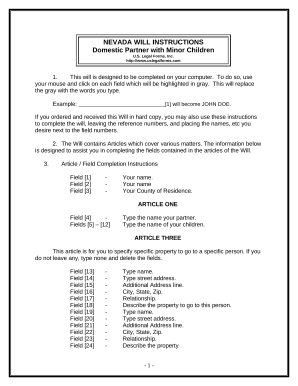
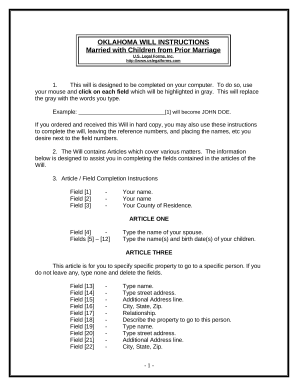
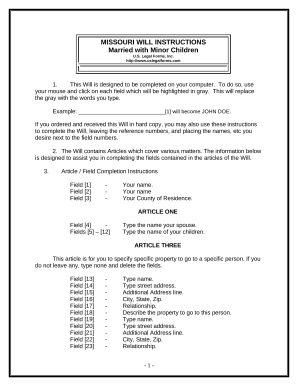

Document management occupies to half of your office hours. With DocHub, it is possible to reclaim your office time and enhance your team's productivity. Access Legal Wills for Parents online library and investigate all document templates relevant to your daily workflows.
Effortlessly use Legal Wills for Parents:
Accelerate your daily file management using our Legal Wills for Parents. Get your free DocHub account today to discover all templates.